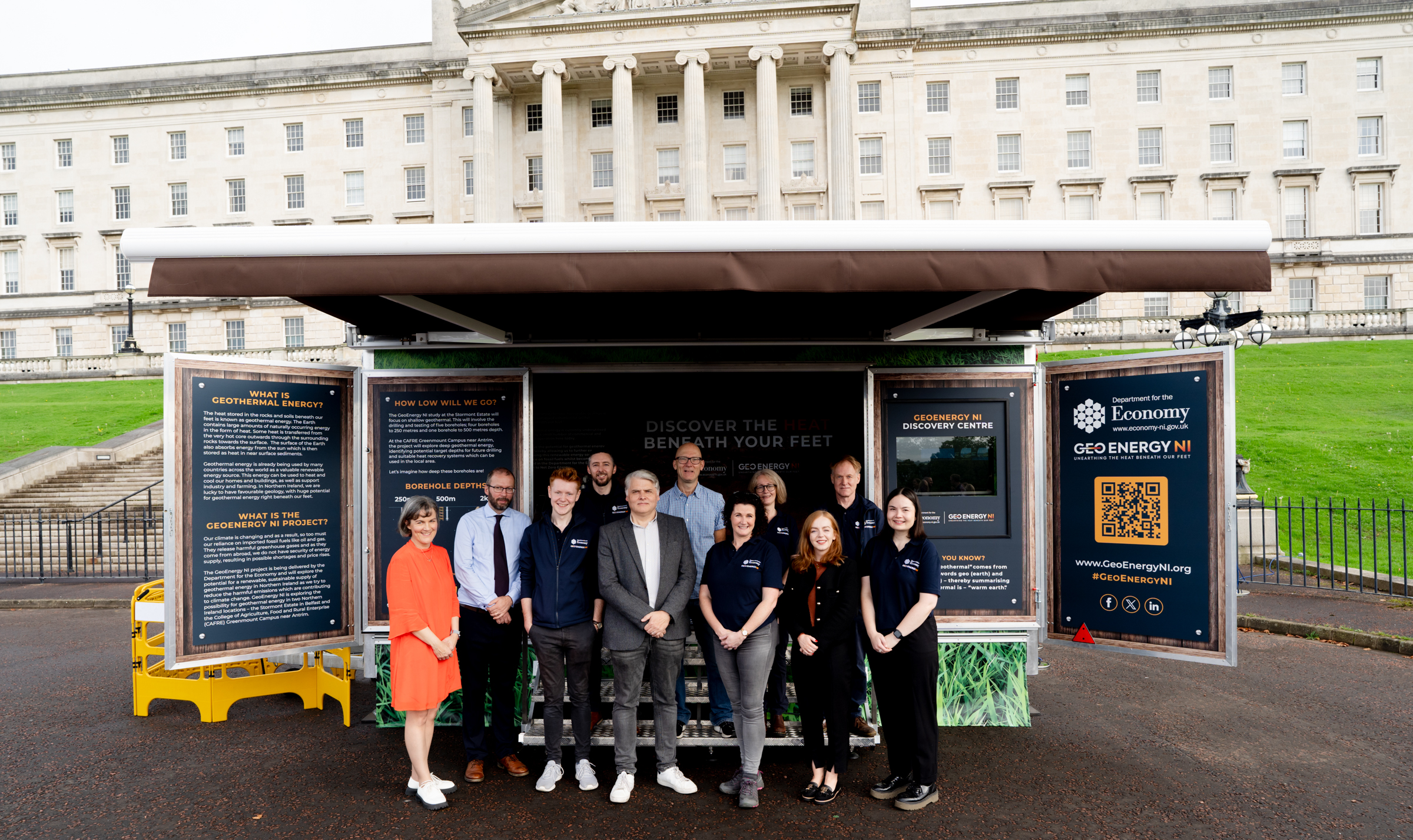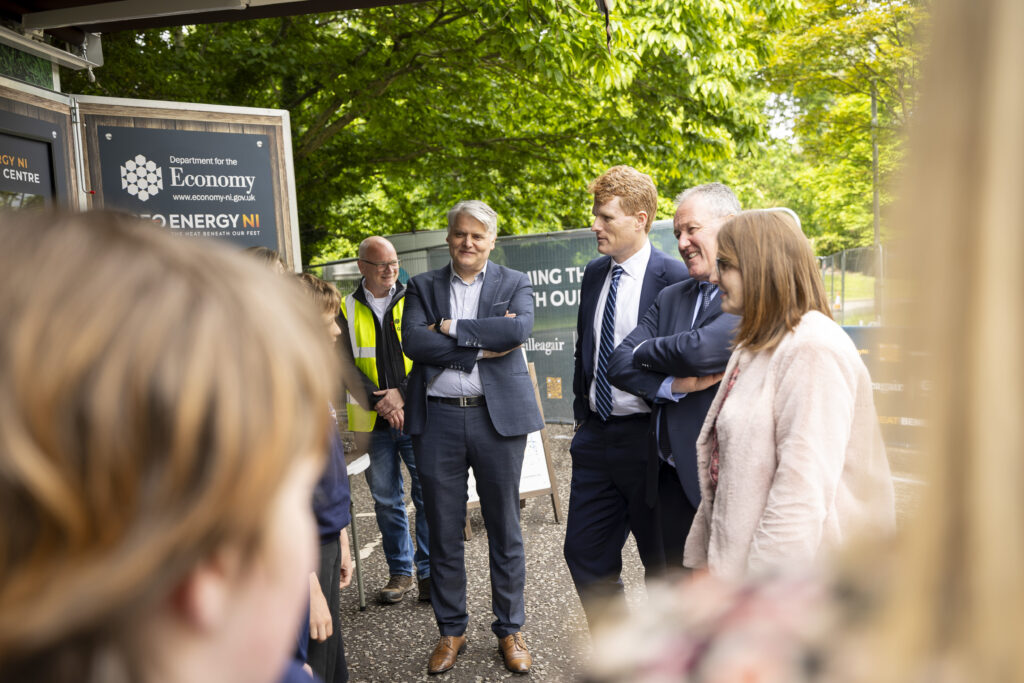Time to COP On | Communicating Climate Change

As COP29 looms large it once again brings into sharp focus the challenge of climate change. How we tackle it, is a fundamental human question and demands a sea-change in our way of life. It will radically alter how we move about, how we power and heat our homes and businesses, how we grow our food and what we buy. The clock is also ticking. Consider that it now 3 years since the UK hosted the UN Climate Change Conference in Glasgow – where did that time go?
The challenge of climate change cannot just be viewed as a scientific or technological one because it goes to the heart of all human and social systems. Communicating climate change is also a tough task but is one we need to embrace if we are to encourage the behavioural change needed to address the issue.
With a lot of experience in behavioural change and energy and environmental communications, here at Morrow Communications we recognise the complexity of this challenge. We have shared some previous thoughts on the matter in an earlier blog, which we are now recycling as they are still as relevant today as they were when we first wrote them.
We have had the great pleasure of working with a number of projects which are doing all three. The Maritime Power-to-X project for example, an industry consortium led by Larne-based B9 Energy Storage, is making waves in the global maritime sector as it develops a solution to make truly net zero shipping corridors a reality. The team have been invited to present at international conferences across the world to showcase how green methanol can act as a zero-emission fuel.
These and other such projects, require collaboration and co-ordination on a scale never seen before. It also requires leadership – political, sectoral and community leaders working towards a common goal.
Despite these complexities the communications challenge around climate change remains an exercise in storytelling. But we need to think critically about what kind of story we are telling. Are we telling a story of despair and inevitability? Are we telling a negative story about emissions, consequences or technical things most people don’t understand? Or are we telling a story of hope, possibility and opportunity? Above all else is it a story of human agency, the capacity of society to make choices and to impose those choices on the world.

For too long we have bought into a dichotomized idea that climate action is about tough choices and potentially damaging to our way of life. Challenging such cognitive biases will be critical in the communications battle for hearts and minds. Here are five communication fundamentals worth considering:
Facts and trust matters.
Despite what Trumpism led us to believe, facts and information do matter. The risk of misinformation and disinformation remain key obstacles to tacking climate change. Greenwashing is still a thing, and we need to ensure it does not derail genuine efforts being made by many organisations. Trust therefore must be at the heart of climate change communication for it to be effective.
On its own however data does not inspire action. Statistics are difficult for most people to digest and translate into meaningful understanding.
Choose hope over fear.
To get people to change we can’t just scare them into action. We can’t just talk about the threat; we also must talk about the ways in which their actions can make a difference. Equally we shouldn’t try and shame people about their behaviours as this typically triggers a defence mechanism to resist change even more.
Hope is one of the most powerful messaging tools we have to move people to take action. It can turn fear into something productive and mobilise people to tackle the challenges faced.
Focus on benefits and opportunity.
There is a need to excite people about the prospects of a more sustainable world. Addressing climate change can bring many opportunities – be that green jobs, cleaner air, renewable energy, food and energy security, and better health outcomes. At an industry level, messaging needs to be about economic opportunity and job creation rather than risk and cost. Emphasising personal co-benefits such as health, energy security, home comfort or financial and economic benefits can deliver bigger impact.
Climate change is not just about science or the environment, it is also an issue of social justice and inclusion. Solving the climate crisis is not only good for the environment, but it can also address injustice and inequity.
Lead by example.
Leading by example also builds legitimacy and strengthens communications. An example of this is the GeoEnergy NI project we are supporting the Department for the Economy and partners on. This geothermal demonstrator project is highlighting NI’s geothermal potential and is designed to lead to long-term policy commitments and to build trust and legitimacy in the sector.
Make it action focused.
Net zero targets are challenging longer term but communications need to focus on actions now, starting with actions of ‘no regret’ which are cost-effective and do not involve hard trade-offs with other policy objectives.
Strong and effective climate change communications delivered through good storytelling will help inform and empower people about the choices we can make individually and collectively. It will also help build the necessary alliances and collaborations to make the systemic changes necessary to make the seemingly impossible possible.
If you are in the sustainability space and need help telling your story to deliver the necessary change we’d love to talk to you.

